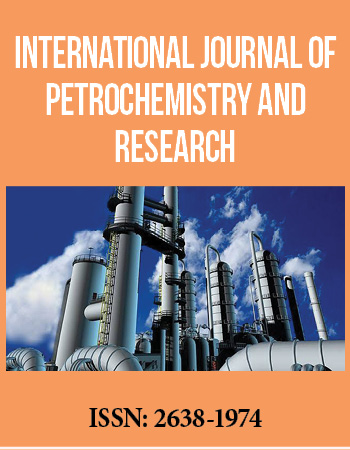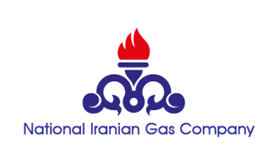International Conference on Oil, Gas and Petrochemistry
April 3-5, 2017 Dubai, UAE
A nano-particle foam unloading agent applied in unloading liquid of deep gas well
PetroChina Research Institute of Petroleum Exploration & Development, China
To solve the problem of unloading liquid of deep gas well with high gas temperature and salinity, high concentrations of H2S gas and condensate oil, a nanoparticle foam unloading agent was developed and evaluated, and the field test was carried out.
In this study, the zwitterionic surfactant, anionic surfactant and fluorocarbon surfactant with appropriate hydrophobic chain length, strong hydration ability hydrophilic group and high temperature resistance were mixed to make full use of their synergistic effect and position adaptability, to get a liquid foam unloading agent with good foam ability and foam stabilizing ability. As foam system is a thermodynamically unstable system, improving foam stability is the key to the development of foam unloading agent. As a new science and technology which analyzes and manipulates matter in nanometer scale, the solid foam stabilizer, modified silica nanosphere was added to be adsorbed onto the gas-liquid interface to form a solid particle film which could prevent the bubble coalescence and disproportionation and greatly enhance the foam stability. By means of optical microscope Zeta potential characterization and analysis, itʼs confirmed that nanoparticles were adsorbed onto the air-liquid interface to form a monolayer and produce the performance of foam stabilizing ability. The performance of foam unloading agent with its concentration has been studied, which shows that it has the best performance at the concentration of 0.5%. Both economy and effectiveness should be considered when selecting its concentration in field treatment.
The influence of temperature, salinity, concentration of H2S and condensate oil content on the performance of the foam unloading agent have been studied, and the results show that the nanoparticle foam unloading agent has temperature resistance of as high as 150 °C, salinity resistance of up to 250 g/L, H2S resistance concentration of up to 0.04%, and condensate oil resistance content of up to 30%, with performance much better than the current commercial varieties. Moreover, nanoparticles have the advantages of irreversible adsorption and low toxicity, which render the nanoparticle foam unloading agent better stability and environmental friendliness.
The pilot test in forty deep gas wells shows that: the nanoparticle foam unloading agent CYS-E has worked well in increasing gas and water production, decreasing pressure difference between tubing and casing. Compared with other foam unloading agents in use in the field, it had a lower dosage of 50%, and cost reduction by over 60%, better satisfying the demand of field application.
Biography:
Junwen Wu Dr (2009-2014), Institute of Chemistry, Chinese academy of sciences, major in Colloid interface chemistry. Engineer (2014), PetroChina Research Institute of Petroleum Exploration & Development, mainly engaged in researching oil field chemicals.



